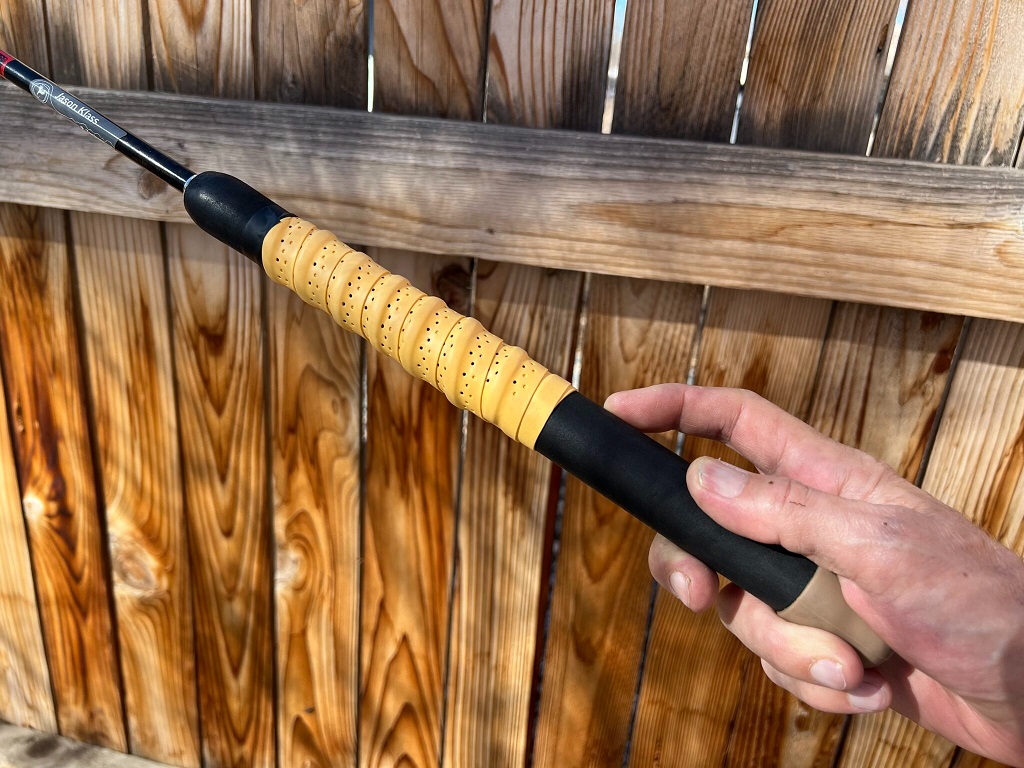The UK has a fair and accessible legal system. Legal Aid – free legal advice – is a key component of this.
On paper, everyone who requires legal aid should be able to access specialist advice if they are in a difficult situation. This might be following arrest or police questioning, or it might be if a person is facing dangerous circumstances such as losing their home, or is at risk of assault or violence within the family.
Litigation funding is also available to anyone who feels they want to pursue a litigation claim in the event that they feel they have been wronged or treated unfairly. Specialists in this field such as https://www.novo-modo.co.uk/litigation-funding provide tailored advice to individuals.
Is Legal Aid as accessible as it should be?
All that being said, there is anecdotal evidence that legal aid isn’t always quite as accessible as it ought to be. Indeed, The Law Society has recently published a piece of research which shows beyond any doubt that some charities and small businesses aren’t always able to offer legal aid when it is needed.
This may be attributable to the fact that government cuts to legal aid have resulted in fewer firms and individuals working in these fields and professionals being more stretched and needing to subsidise their civil legal aid advice services with profit-making services.
This is a particular problem in rural communities which are located furthest from big cities where bigger legal firms tend to be located.
How can legal aid be made more accessible?
As a result of this Civil Legal Aid review, the Law Society has asked the UK government to pay higher fees to those working in the field of civil and legal aid, to ensure providers continue to be available when people need them. The Government website has a searchable list of legal aid providers.
It is hoped that government investment will secure a reliable future for this all-important public service, ensuring that no one needs to go without legal advice when they need it the most.


